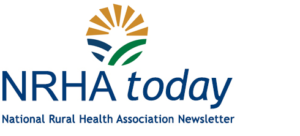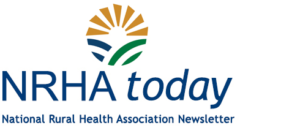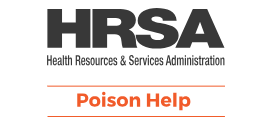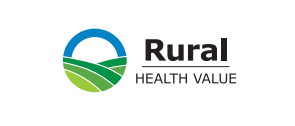May 15, 2025

Pediatric Mental Health Care Access (PCMHA) Program
According to the most recent National Survey of Children’s Health, nearly 26 percent of children ages 3-17 had a mental, emotional, developmental, or behavioral problem. Of those children, approximately 20 percent did not receive needed mental health treatment or counseling from a mental health professional in the past 12 months.
The Health Resources and Services Administration’s (HRSA’s) Maternal and Child Health Bureau is working to close that gap through the Pediatric Mental Health Care Access (PMHCA) program. This program offers free teleconsultation services for health professionals to help them better care for children and youth in their practice with behavioral health concerns. Most consultations are competed in as little as 30 minutes and almost always within one business day.
Click Here to Learn More








